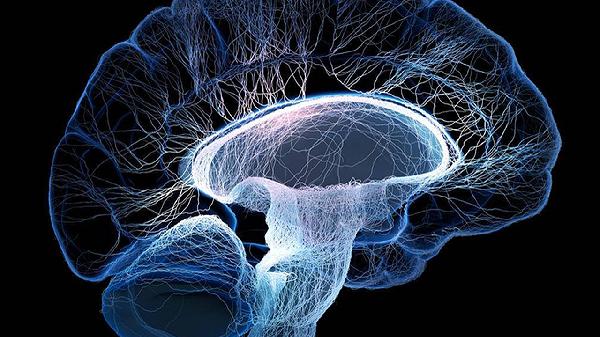You know that person who always seems to be the life of the party—dramatic, charming, and craving the spotlight? At first glance, they might just seem like your typical extrovert. But what if there’s more beneath the surface? For some, that "the show must go on" mentality isn’t just a personality quirk—it’s a hidden battle with Histrionic Personality Disorder (HPD).

What Exactly Is HPD?
HPD is a mental health condition marked by intense emotionality and attention-seeking behaviors. People with HPD often feel uncomfortable when they’re not the center of attention, and they might go to great lengths to keep the focus on themselves—whether through exaggerated storytelling, flamboyant outfits, or even manufactured crises. It’s not just about being outgoing; it’s a deep-seated need for validation that can leave them emotionally exhausted when the spotlight fades.
The Fine Line Between Charisma and Crisis
On the surface, someone with HPD might seem confident, even magnetic. But behind closed doors, that constant performance can be draining. Imagine feeling like you have to turn every interaction into a Broadway-worthy scene just to feel seen. Over time, this can strain relationships, as friends and partners may grow tired of the drama or feel manipulated by attention-seeking behaviors.
Why the "Mask" Is So Hard to Remove
For many with HPD, their larger-than-life persona isn’t just a choice—it’s a survival tactic. Growing up, they might have learned that love and attention were conditional, only given when they were entertaining or "on." As adults, they carry that script into every interaction, terrified that if they drop the act, they’ll become invisible. The irony? The very behaviors meant to keep people close often push them away.
Breaking the Cycle
Therapy, particularly cognitive-behavioral therapy (CBT), can help people with HPD explore healthier ways to connect with others. The goal isn’t to strip away their vibrant personality but to help them build self-worth that doesn’t depend on applause. Learning to sit with discomfort—like not being the center of attention—can be terrifying at first, but it’s also incredibly freeing.
How to Support Someone with HPD
If you recognize these traits in someone you care about, patience is key. Instead of dismissing their dramatic flair, try acknowledging their emotions without reinforcing attention-seeking patterns. Simple statements like, "I hear you, and I’m here even when things aren’t intense," can help them feel valued without the need for a performance.
The Show Doesn’t Have to Be Nonstop
Living with HPD is like being stuck in an endless dress rehearsal—always "on," always performing. But real connection happens when the curtain falls, and that’s where healing begins. For those struggling, know this: You’re worthy of love and attention, even when you’re not putting on a show. And for everyone else? Sometimes the most supportive thing you can do is remind them that they don’t need a spotlight to be seen.
























